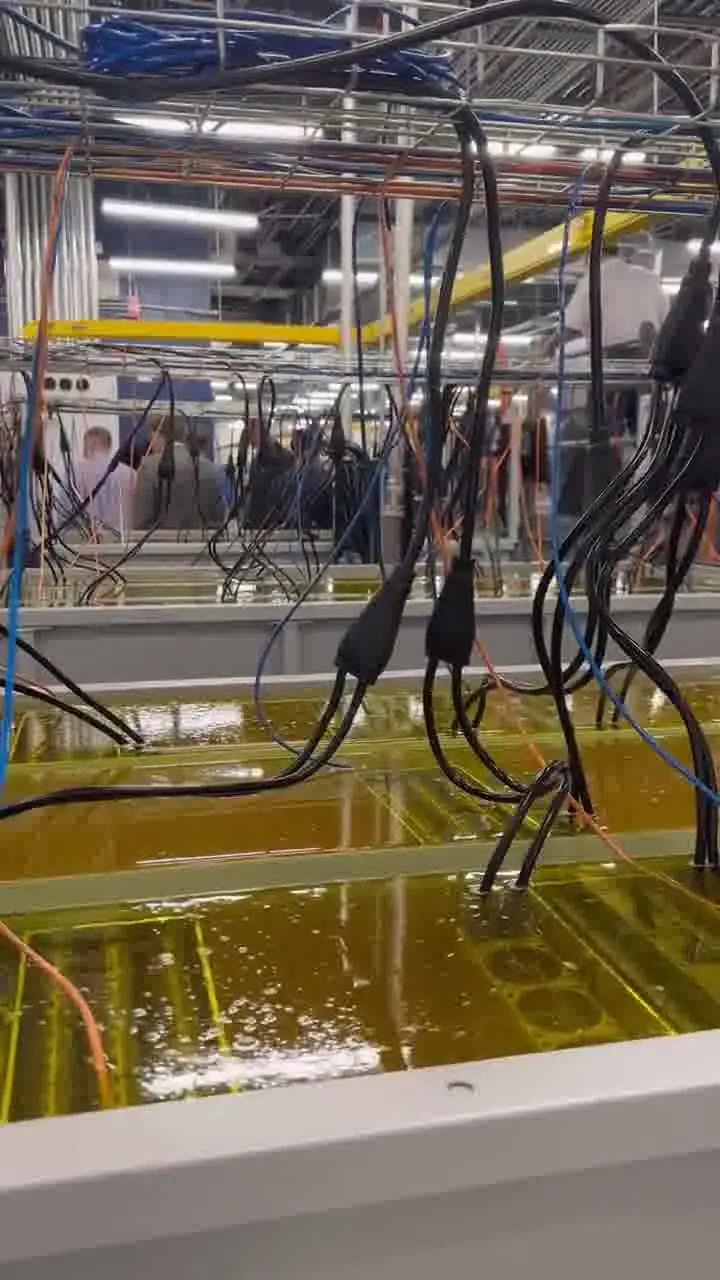Cryptocurrency mining, the backbone of blockchain networks, involves solving complex computational problems to validate transactions and add blocks to the blockchain, rewarding miners with digital assets.
In the early days of cryptocurrency, solo mining was a viable approach, as the network difficulty was low, and the competition was minimal. Individual miners could use standard computer hardware to participate effectively and earn rewards.
However, as cryptocurrencies like Bitcoin gained popularity, mining difficulty skyrocketed due to the rise of large-scale mining operations and more miners joining the network. This increase in difficulty made solo mining impractical for most individuals, as the computational power required to successfully mine a block became unattainable without substantial investment in specialized hardware and electricity costs. This evolution in mining dynamics led to the development of mining pools, such as the popular White pool, which enables professional miners to pool their resources and collaborate to achieve better results.
In this article, we will discuss what is cryptocurrency mining, how pooled mining works, its benefits, and considerations for choosing one.
How Does a Mining Pool Work?
A cryptocurrency mining pool operates by aggregating the computational power of individual miners, allowing them to work collaboratively to solve the complex mathematical problems required to add new blocks to the blockchain.
This collaboration is essential due to the increasing mining difficulty, which adjusts dynamically based on the total computational power of the network. By joining a mining pool, participants combine their hash rate, significantly enhancing their collective probability of mining a block and earning rewards. This pooled effort ensures that even miners with modest hardware can contribute effectively and share in the rewards, making mining pools an indispensable solution in today’s competitive landscape.
Advantages of a Crypto Pool Over Solo Mining
Solo mining has become increasingly impractical due to rising competition and higher computational demands, particularly for cryptocurrencies like Bitcoin. A crypto pool presents a viable alternative, offering significant advantages over solo efforts.
By pooling resources, miners significantly enhance their chances of earning rewards, as the collective computational power improves the likelihood of solving a block.
Mining pools reduce individual costs by distributing expenses such as electricity and maintenance among participants, making the process more economical. They also provide miners with predictable earnings, as rewards are distributed regularly based on the pool’s overall success and each miner’s contribution.
Mining pools also provide significant technical support and robust infrastructure, critical for ensuring efficient mining operations. Unlike solo miners, who must manage their own hardware, software, and network connectivity, participants in a mining pool benefit from centralized management.
This includes maintaining servers, monitoring mining activity, and addressing technical issues that may arise. Such support minimizes downtime and ensures that the collective computational power of the pool is utilized optimally.
For new or less experienced miners, this infrastructure is invaluable, as it allows them to focus on contributing their hash rate without worrying about the complexities of managing a standalone mining operation. This layer of technological assistance further enhances the efficiency and appeal of mining pools.
How Are Rewards Distributed in a Cryptocurrency Mining Pool?
The reward distribution in a mining pool depends on the payout system implemented. Some of the most common systems include:
Pay-per-share (PPS). Participants receive a fixed amount for each share of work completed, regardless of whether the pool successfully mines a block. This method offers consistent payouts but typically charges higher fees.
Proportional. Rewards are distributed based on the shares contributed by each miner after a block is mined. This system rewards miners proportionally to their efforts.
Pay-per-last-N-shares (PPLNS). This method considers shares contributed during the last “N” rounds. Rewards depend on sustained participation and are less predictable but can yield higher payouts over time.
Each system has its advantages, and miners should choose a pool with a reward structure that aligns with their goals.
Considerations for Choosing a Crypto Mining Pool
Selecting the right mining pool is crucial to maximizing your mining efficiency. Here are some key factors to consider:
Reputation and reliability. Choose a pool with a proven track record, known for its dependable service.
Fees. Mining pools charge fees for their services, typically ranging from 1% to 3%. Compare fees across pools and weigh them against the benefits offered.
Hash rate. Larger pools generally have higher hash rates, increasing the chances of mining blocks. However, smaller pools can provide higher individual payouts due to less competition within the pool.
Payout structure. Evaluate the pool’s reward distribution method to determine which best suits your needs.
Support and community. A pool with an active community and robust support system can be invaluable, especially for newcomers to mining.
Supported cryptocurrencies. Ensure the pool supports the cryptocurrency you wish to mine.
How to Join a Mining Pool?
Joining a mining pool is a straightforward process, but it requires careful preparation:
- Set up mining hardware. Invest in appropriate mining equipment, such as ASIC miners for Bitcoin or GPUs for other cryptocurrencies.
- Choose a pool. Research and select a pool based on the considerations mentioned earlier. Ensure it supports the cryptocurrency you intend to mine.
- Install mining software. Download and configure mining software compatible with your hardware and the selected pool.
- Create an account. Register with the mining pool and link your wallet to receive rewards.
- Start mining. Begin mining by connecting your hardware to the pool’s servers and contributing your computational power.
Mining pools have revolutionized the cryptocurrency mining industry by offering a practical solution to the challenges of solo mining. They allow participants to pool resources, share costs, and achieve consistent rewards. Whether you’re a seasoned miner or just beginning your journey, joining a Bitcoin mining pool or a similar setup can enhance your mining efforts and provide a more predictable income stream.


